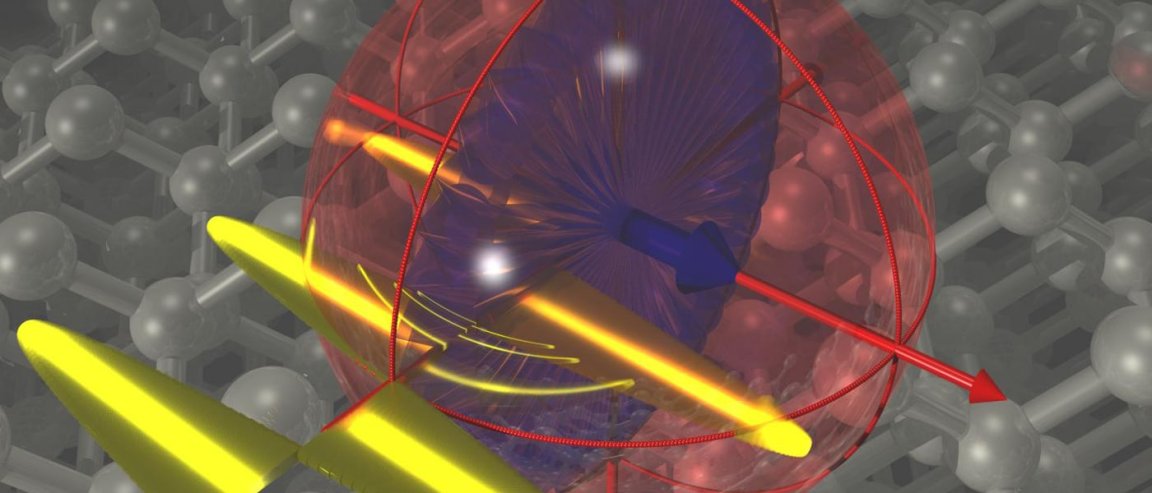
The silicon solution
The search for better quantum computers is speeding along rather well. Solving the problem of qubits — short for quantum bits, the core of quantum computing — just got to the next level when Australian researchers created qubits that stay in stable superposition for 10 times longer than previous records. Sustaining the life of qubits is the key to making super powerful quantum computers in the future.
While some researchers focus on using microwave signals, controlling photons, and even electron holes, the team from the University of New South Wales (UNSW) dabbled in silicon atoms.
Basically, the researchers made a “dressed spin qubit,” which is the spin of a single silicon atom merged with an electromagnetic field. “We have subjected the atom to a very strong, continuously oscillating electromagnetic field at microwave frequencies, and thus we have ‘redefined’ the quantum bit as the orientation of the spin with respect to the microwave field,” explains Arne Laucht, a Research Fellow at the School of Electrical Engineering & Telecommunications at UNSW, and lead author of the study published in Nature Nanotechnology.

The continuous high frequency oscillation of the magnetic fields made the new qubits more stable, negating noise or disturbance. The new qubits had a dephasing rate of T2*=2.4 milliseconds, 10 times better than standard qubits.
The future of computing
“This quantum bit is more versatile and more long-lived than the electron alone, and will allow us to build more reliable quantum computers,” Laucht says.
Furthermore, by building on silicon technology, this development makes it possible to build quantum computers using existing fabrication processes used today. It’s a stable future for quantum computing.
Described as the 21st century’s space race, developing better quantum computers opens the door to faster and more efficient computing that will greatly improve various industries, from finance and healthcare to security and defense. Quantum computers can also greatly improve the performance of existing artificial intelligence (AI) technology.
The future will certainly be better with improved quantum computers.